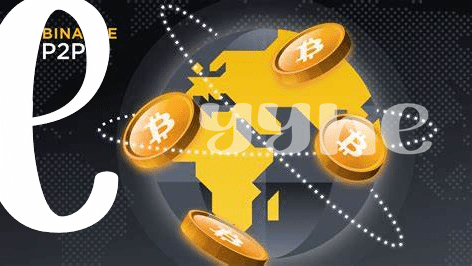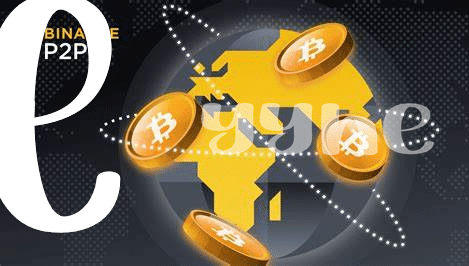Overview of Singapore’s Bitcoin Exchange Regulations ⚖️

Singapore’s regulations on Bitcoin exchanges demonstrate the country’s progressive approach towards embracing digital assets. With a clear framework in place, exchanges operating in Singapore must adhere to stringent guidelines to ensure transparency and security for users. These regulations not only safeguard investors but also contribute to establishing Singapore as a hub for cryptocurrency innovation and adoption.
Licensing Requirements for Peer-to-peer Exchanges 📝
Navigating the regulatory landscape in Singapore as a peer-to-peer exchange can be a complex journey. To obtain a license, platform operators must adhere to stringent requirements, including robust security measures and compliance procedures. Understanding and meeting these criteria is crucial for ensuring legal operation within the evolving cryptocurrency space. Compliance is not just a hurdle but a necessary foundation for building trust and sustainability in the market.
Compliance Challenges Faced by P2p Platforms 🧩

Navigating the world of peer-to-peer Bitcoin exchanges comes with its own set of challenges. From ensuring compliance with evolving regulations to addressing security concerns and fraud risks, P2P platforms must constantly adapt to a dynamic landscape. The lack of standardized regulatory frameworks across different jurisdictions further complicates matters, requiring platforms to stay vigilant and proactive in their compliance efforts. Balancing user privacy and regulatory requirements poses a delicate challenge for P2P exchanges, as they seek to foster trust among users while meeting regulatory expectations.
Impact of Regulations on the Crypto Market 📈

Singapore’s regulatory framework plays a pivotal role in shaping the dynamics of the crypto market. By establishing clear guidelines and oversight, these regulations provide a sense of security and trust for investors and users participating in peer-to-peer exchanges. The impact on the crypto market is multifaceted, influencing not only market behavior but also fostering innovation and development within the sector. As the regulatory landscape evolves, so too will its influence on the growth and sustainability of the crypto market.
Regulatory Trends and Future Outlook 🔮
As the cryptocurrency landscape continues to evolve, regulatory trends play a crucial role in shaping the future outlook of peer-to-peer Bitcoin exchanges. With governments worldwide increasingly focusing on digital asset regulations, Singapore’s approach sets a precedent for the industry. Anticipating how regulations may adapt and impact P2P platforms is key for stakeholders to proactively address compliance requirements. By staying abreast of emerging trends and engaging in constructive dialogue with regulators, the crypto market can navigate regulatory challenges while fostering innovation and sustainable growth.
Strategies for Navigating the Regulatory Landscape 🗺️

Navigating the regulatory landscape in the cryptocurrency realm requires a blend of adaptability, proactive compliance measures, and a deep understanding of the evolving legal frameworks. By fostering transparent communication with regulatory bodies, staying abreast of updates in legislation, and implementing robust KYC/AML procedures, peer-to-peer exchanges can build a solid foundation for sustainable operations within the framework of Singapore’s regulations. Embracing technological advancements and seeking legal counsel when necessary are vital components in maneuvering the complex regulatory terrain.
peer-to-peer bitcoin trading laws in peru
